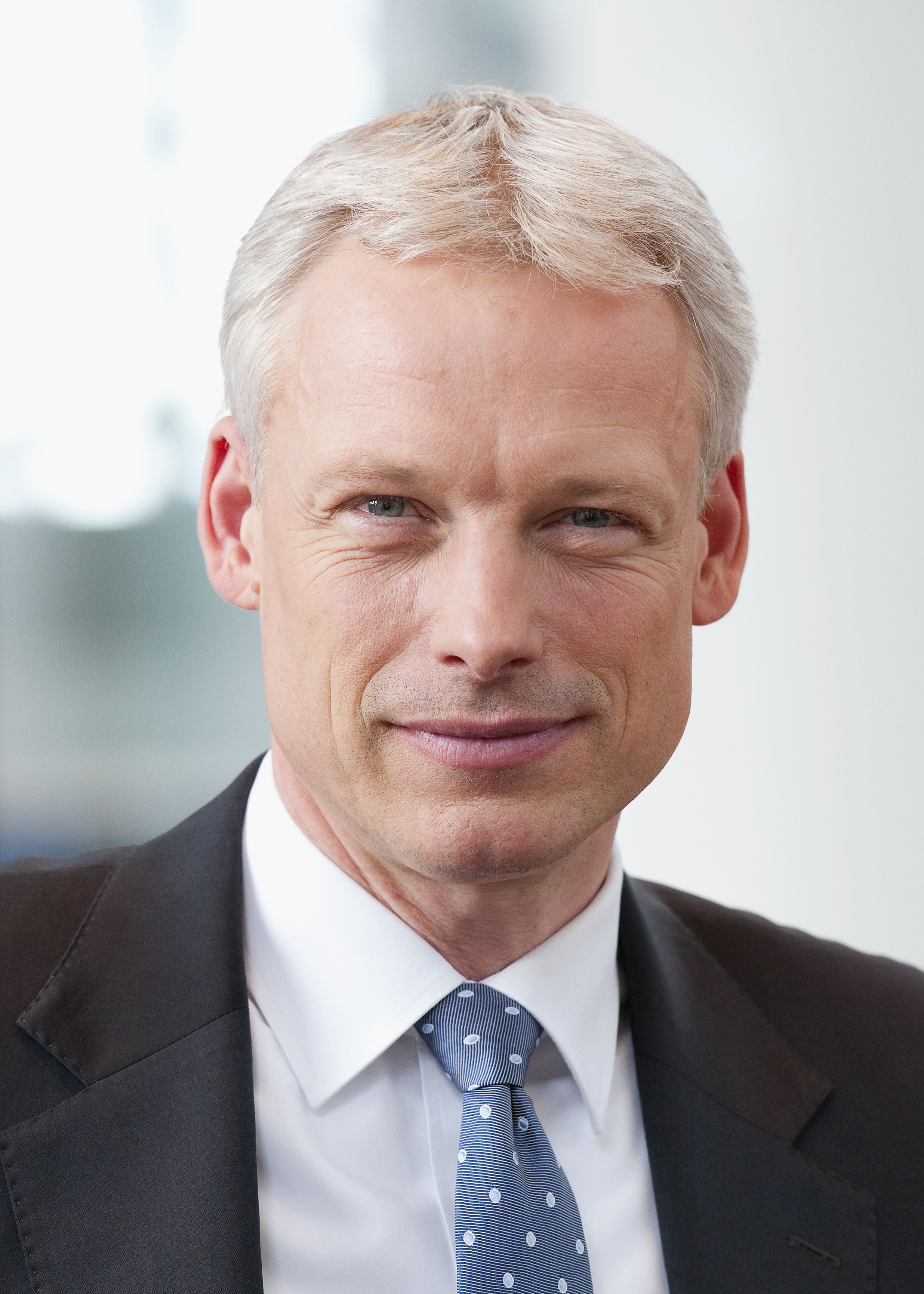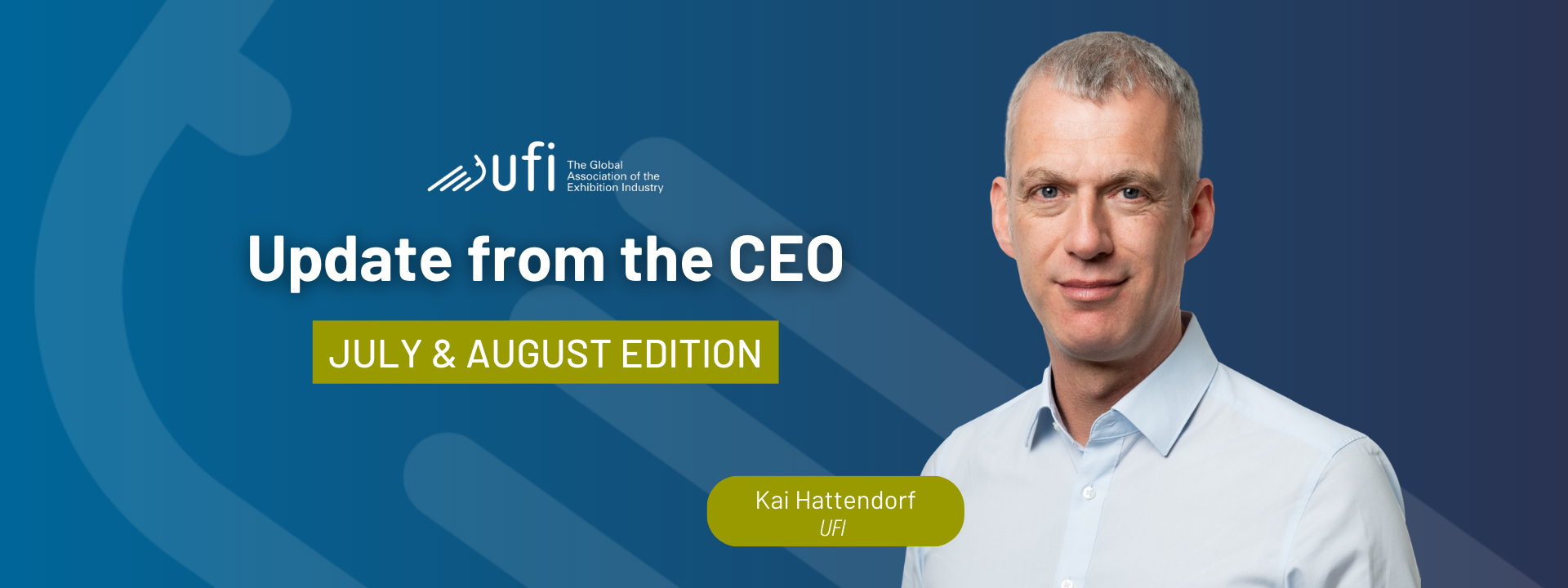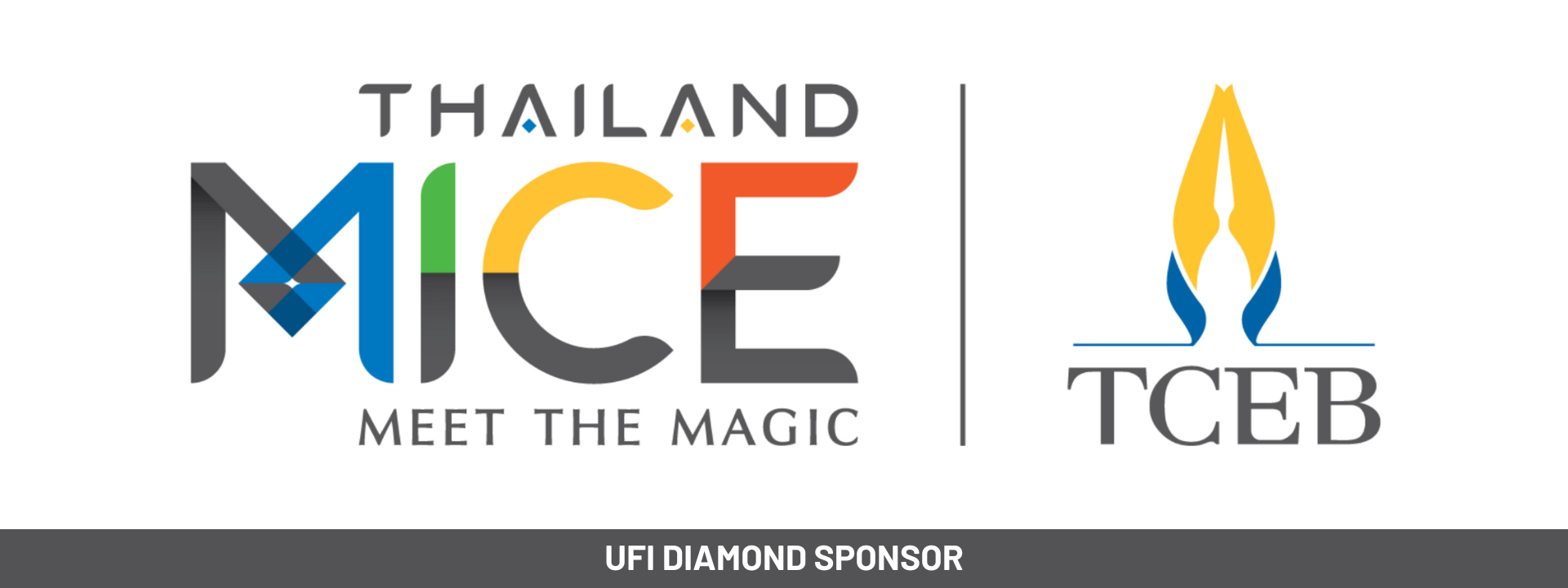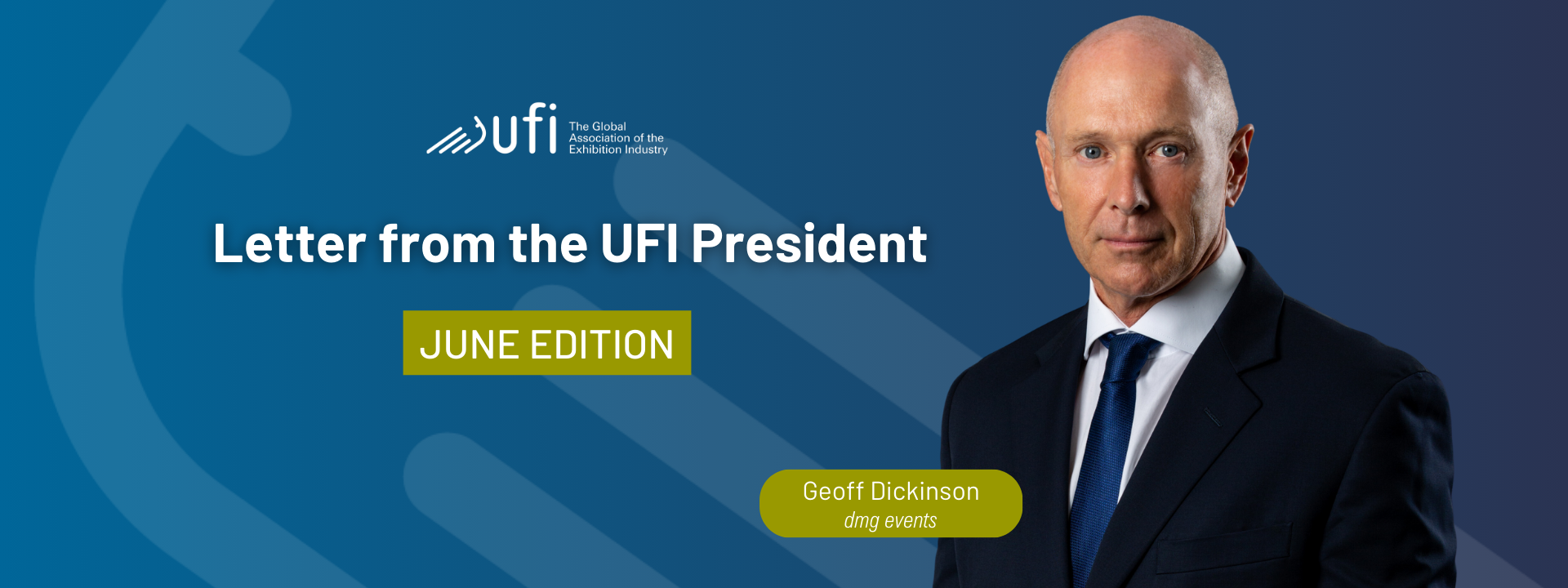
Blogger: Dr Andreas Gruchow, UFI President.
First, we are experiencing general turbulence: Globally, economic growth has slowed down. Politically, protectionism is on the rise. And operationally, digitisation is driving ever-faster change. Meanwhile, despite challenging news and dark clouds on every continent, the second trend we are seeing is optimism in the exhibition industry. Huge venue investments are underway in all parts of the world, with the economic benefits of our industry being seen more clearly by stakeholders. The exhibition industry is forecast to outgrow global economic growth, and investors remain interested in putting money into exhibitions and exhibition companies. It is in times like these that industry association are expected to provide input and support for this whole spectrum of issues, and to show their flexibility. And I am pleased to report that UFI is up to the task, and delivering. Just this past month, as we hosted the Global CEO Summit in Barcelona (Spain), I was honoured to lead an industry delegation to meet Ada Colau, the city’s Mayor, who told us about the importance of our industry for the development of the city and region. Barcelona as a city is struggling to cope with huge numbers of tourist visitors, so our industry and the structured way exhibitions and venues bring business into regional and national communities, can spread the demand and make it easier for the city to organise its services.Later in February, at our Asia-Pacific Conference in Singapore, I found additional proof of this in Singapore’s new MICE 2020 roadmap – a blueprint co-written by some of our UFI friends and members in the region.
Among the many great sessions at our Global CEO Summit, one statement from economist Roger Martin-Fagg stood out for me, as he forecasts an impressive 13% growth for our industry in the coming 18-24 months. “Despite political turbulence from the UK to the US, exhibitions should continue to be strong”, he says.
This year’s Global CEO Summit was also different in an important way: Based on the feedback from the past two years, the agenda zoomed in on issues that have a vast impact on our industry’s future, but don’t always get much attention: Diversity. Health, Safety and Security. And Sustainability. I strongly believe that one of the values of UFI is that here we can tackle these issues. Breakout sessions at the Summit explored ideas and defined action items on these three issues, and these will be worked on in the coming months by the UFI team and members of UFI’s committees and other bodies.
At the same time, UFI has spoken out for our industry globally in the wake of what has been called the “US Travel Ban” around the world. According to numbers from the Global Business Travel Association, the US travel industry has lost around US$200 million in revenue since President Donald Trump first signed his executive order on travel restrictions.
It is not up to us to judge policies, but it is our role to point out consequences that political decisions might very well have for exhibitions and events. The ban coincided with the release of our semi annual Global Exhibition Barometer, which clearly states that more than half of the companies in the US exhibition industry are expecting a negative impact from recent political developments around the world, including the outcome of the US presidential elections. This endangers the recent solid growth of the US exhibition industry. I want to thank the team in Paris for their work on evolving the barometer into the more flexible research tool it is now – it is insights like these that help a lot in raising the profile of our industry.





Leave A Comment